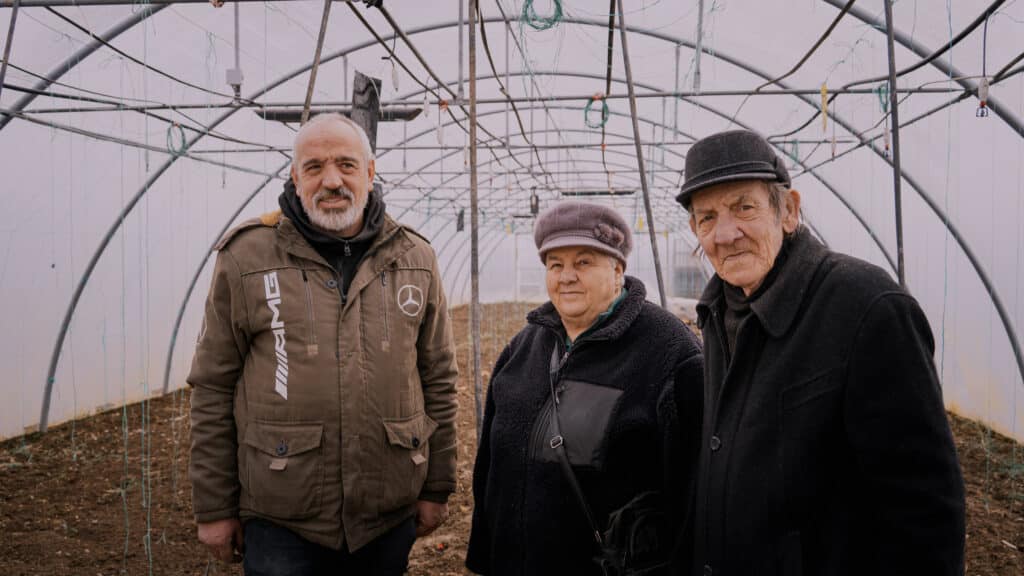Empowering communities through social enterprise
At Dorcas, we believe in creating lasting change by enabling communities to become self-sufficient. One of the key ways we achieve this is by developing social enterprises: businesses that exist to generate income and achieve a clear social mission. Designed to address pressing societal challenges, these enterprises operate on sound business principles. They create jobs, provide training opportunities, and reinvest profits in community development. For Dorcas, social enterprises are a pathway to dignity, inclusion and long-term resilience.
Social enterprises aim to solve social problems through entrepreneurial strategies, balancing economic sustainability with social impact. These businesses generate income through selling goods or services, and they often qualify for government subsidies, which enables them to sustain their operations and expand their impact.
The Fairytale Oven
Cuptorul de basm (The Fairytale Oven) in Trușești, Romania, is more than just a bakery. It is a prime example of a social enterprise that fosters inclusive employment, strengthens communities and promotes sustainable impact in rural areas. By providing training in bread production, marketing and basic business skills, it supports participants to build confidence and gain valuable professional experience. Dorcas Romania has played a pivotal role in supporting this enterprise by providing financial investment, expertise in social economy development and capacity building for the local association.
Understanding social farming
Another example of a social enterprise is Dorcas’s work in social farming. Social farming involves using agricultural resources, such as plants and animals, to provide health, social and educational services to groups in vulnerable circumstances. These groups include individuals with mental or physical health needs, those facing social exclusion, long-term unemployment or addiction recovery. Unlike clinical settings, social farms offer a natural, non-institutional environment where people can engage in meaningful work, build self-esteem and improve their well-being.
Activities on social farms can include animal care, vegetable cultivation, fence maintenance and food production. Often run by family farmers in partnership with care providers, these farms offer flexible, community-based alternatives to institutional care. Financing comes from a combination of product sales, government subsidies and payments from care organisations for services provided.

Dorcas’ strategic approach
Dorcas implemented social enterprises in Romania, Moldova and Albania. These initiatives support people in vulnerable circumstances and provide farmers and the bakery with additional income streams and a sense of purpose. The benefits extend beyond the individual to the wider community, fostering inclusion, reducing stigma and strengthening local economies. Our broader vision is to transition from providing assistance to promoting sustainable, locally driven initiatives. This involves supporting our partners and community organisations so they can become self-sufficient. By adopting social enterprise models, these organisations can generate their own income and, in some cases, qualify for government funding.
In essence, social enterprises are not just projects; they are movements. They represent a shift in how we think about development, moving from dependency to dignity and from giving to growing.
22 July 2025
Are you inspired?
Read the next story or contact us to get to know more about making an impact together.